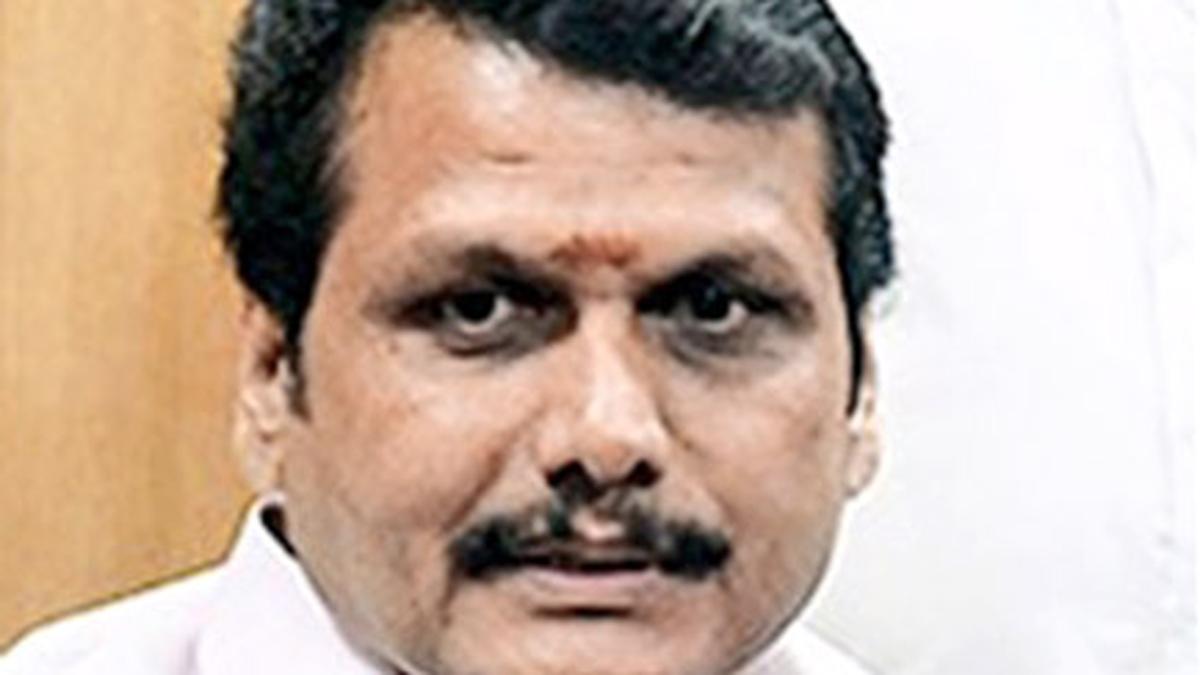
Senthilbalaji case | Madras High Court refuses to stay money laundering trial proceedings
The Hindu
Madras High Court refuses interim stay in money laundering case against former T.N. Minister V. Senthilbalaji.
The Madras High Court on Wednesday, March 13, 2024, refused to grant an interim stay, for the present, restraining the Chennai Principal Sessions Court from proceeding with the trial in a money laundering case being investigated by the Directorate of Enforcement (ED) against former T.N. Minister V. Senthilbalaji.
A Division Bench of Justices M.S. Ramesh and Sunder Mohan told Senior Counsel Mukul Rohatgi and S. Prabakaran that the plea for an interim stay could be considered only after the ED filed its counter, to a revision petition preferred by the accused person against the Sessions Court’s refusal to defer the trial.
The Bench asked Additional Solicitor General AR.L. Sundaresan to make sure that the counter affidavit was filed by April 25, and asked ED Special Public Prosecutor N. Ramesh to take notice on behalf of the investigating agency in the criminal revision petition.
During the course of arguments, Mr. Rohatgi insisted that the trial in the money laundering case should be deferred until the completion of the trial in the predicate offence of having received cash for State Transport Corporation jobs when the accused person served as Transport Minister in former T.N. Chief Minister Jayalalithaa’s Cabinet. Otherwise, a grave injustice would occur if the accused person gets convicted in the case booked by the ED under the Prevention of Money Laundering Act, 2002 and then gets acquitted from the cash-for-jobs scam case booked by the Chennai Central Crime Branch police under the provisions of the Indian Penal Code, he said.
“It would amount to putting the cart before the horse... Nobody can put the clock back if the petitioner is convicted and sent to jail in the money laundering case but ultimately gets acquitted in the predicate offence,” he said and pointed out that PMLA could not be invoked unless there was already a predicate offence and there were proceeds of that crime that had been laundered.

The event will run daily from 10 a.m. to 8.30 p.m., offering a variety of activities. Visitors can enjoy dance and music performances, hands-on art experiences, film screenings, and exhibitions from 10.30 a.m. to 6.30 p.m. These will feature folk cuisines, leather puppets, philately, textiles, and handicrafts.

















